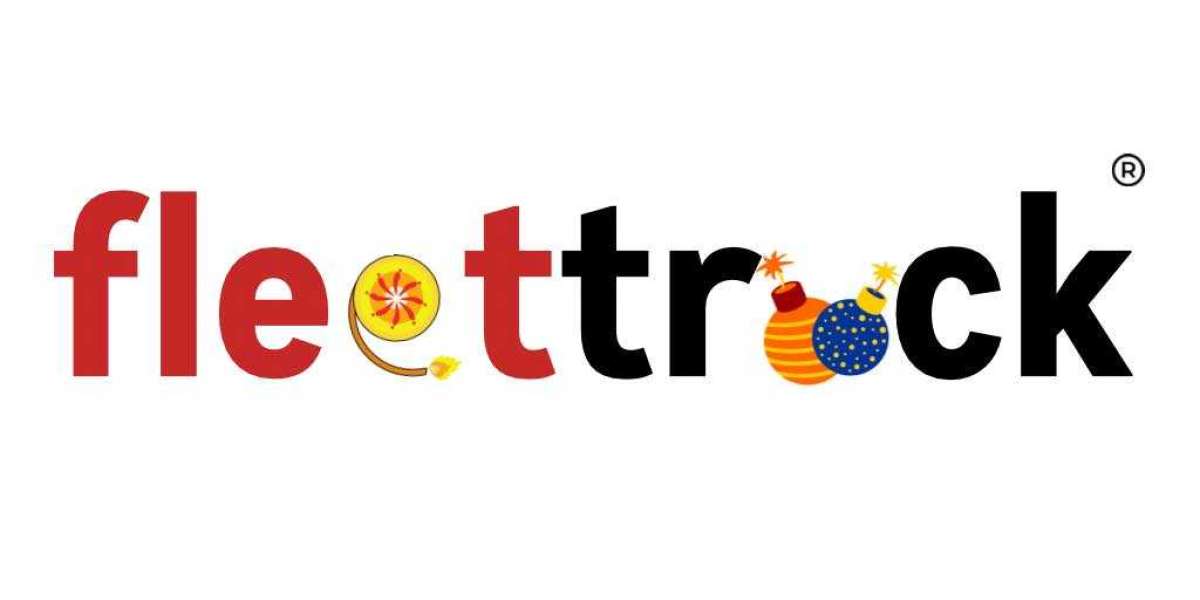Pain management has undergone significant transformation over recent years, moving beyond traditional methods to embrace novel and integrative approaches. The evolution in pain treatment strategies reflects a deeper understanding of pain mechanisms and a growing demand for more effective, personalized care. This article explores some of the most exciting advancements in pain management, shedding light on new technologies, treatments, and methodologies that are reshaping how we approach pain relief.
Understanding Pain: A Brief Overview
Before delving into innovative treatments, it’s essential to grasp the complexity of pain. Pain is not merely a physical sensation but a multifaceted experience involving sensory, emotional, and cognitive components. It can be classified into acute pain, which is short-term and often linked to injury or illness, and chronic pain medications, which persists beyond the expected healing time and may have no clear cause.
Traditionally, pain management focused on alleviating symptoms through medications, physical therapy, and surgical interventions. However, recent insights into pain mechanisms have paved the way for more targeted and holistic approaches.
Emerging Pharmacological Treatments
1. Targeted Drug Delivery Systems
Recent advancements in drug delivery systems have made pain management more precise. Nanotechnology, for instance, enables the development of nanoparticles that can deliver drugs directly to pain receptors or inflamed tissues. This method minimizes systemic side effects and enhances the efficacy of pain medications.
2. Biologics and Gene Therapy
Biologics, including monoclonal antibodies, are emerging as potent tools for managing pain associated with inflammatory conditions like rheumatoid arthritis. Similarly, gene therapy, which aims to modify or manipulate genes responsible for pain, shows promise. Researchers are exploring ways to use gene editing tools like CRISPR to alter pain pathways at the molecular level.
Advanced Neuromodulation Techniques
1. Spinal Cord Stimulation (SCS)
Spinal cord stimulation involves implanting a device that sends electrical impulses to the spinal cord to modify pain signals before they reach the brain. Recent innovations include closed-loop systems that adapt stimulation in real-time based on patient feedback, improving efficacy and reducing side effects.
2. Deep Brain Stimulation (DBS)
Originally used for movement disorders, DBS is now being investigated for chronic pain management. Electrodes implanted in specific brain regions can modulate neural circuits involved in pain perception, offering a new avenue for treating pain resistant to conventional therapies.
Non-Pharmacological Approaches
1. Virtual Reality (VR) Therapy
Virtual reality is emerging as a novel pain management tool. VR therapy immerses patients in a virtual environment that distracts from pain and engages cognitive and sensory systems. Studies have shown that VR can reduce pain perception and the need for analgesics in both acute and chronic pain scenarios.
2. Bioelectronic Medicine
Bioelectronic medicine involves using electrical impulses to modulate nerve activity and influence pain pathways. Devices that interact with the peripheral nervous system can alter pain signaling, offering a drug-free alternative to traditional pain management. This field is expanding with new technologies aimed at personalizing treatment based on individual responses.
Integrative and Holistic Approaches
1. Mind-Body Techniques
Integrative approaches such as mindfulness meditation, cognitive-behavioral therapy (CBT), and yoga are gaining traction in pain management. These techniques address the emotional and psychological aspects of pain, helping patients develop coping strategies and improve their quality of life.
2. Acupuncture and Traditional Chinese Medicine
Acupuncture, an ancient practice rooted in Traditional Chinese Medicine (TCM), is being revisited with modern scientific validation. Research indicates that acupuncture can stimulate endorphin release and modulate pain pathways, providing relief for various types of pain, including migraines and lower back pain.
Personalized Pain Management
1. Precision Medicine
Precision medicine involves tailoring treatments based on an individual’s genetic, environmental, and lifestyle factors. In pain management, this approach seeks to identify genetic markers that influence pain perception and response to treatments. Personalized pain management plans can improve treatment outcomes and reduce the likelihood of adverse effects.
2. Pharmacogenomics
Pharmacogenomics studies how genes affect an individual’s response to drugs. By analyzing genetic profiles, healthcare providers can predict how patients will respond to different pain medications, optimizing treatment choices and minimizing risks of adverse reactions.
The Future of Pain Management
1. Artificial Intelligence and Machine Learning
Artificial intelligence (AI) and machine learning are poised to revolutionize pain management. AI algorithms can analyze vast amounts of data to predict pain patterns, treatment responses, and potential side effects. This technology can lead to more accurate diagnoses and personalized treatment plans.
2. Regenerative Medicine
Regenerative medicine, including stem cell therapy, is on the horizon for treating chronic pain conditions. Stem cells have the potential to repair damaged tissues and modulate inflammatory responses, offering a promising alternative to conventional treatments for conditions like osteoarthritis and degenerative disc disease.
Conclusion
The field of pain management is rapidly evolving, driven by technological advancements, a better understanding of pain mechanisms, and a shift towards personalized care. From innovative drug delivery systems and neuromodulation techniques to integrative approaches and precision medicine, new treatments are providing more effective and tailored options for individuals suffering from pain.
As research progresses and these emerging treatments become more widely available, the future of pain management holds great promise. Patients can look forward to a more nuanced and effective approach to pain relief, improving their quality of life and overall well-being.
By staying informed about these advancements, both healthcare professionals and patients can make better decisions regarding pain management strategies, embracing new possibilities that offer hope and relief in the quest to conquer pain.







